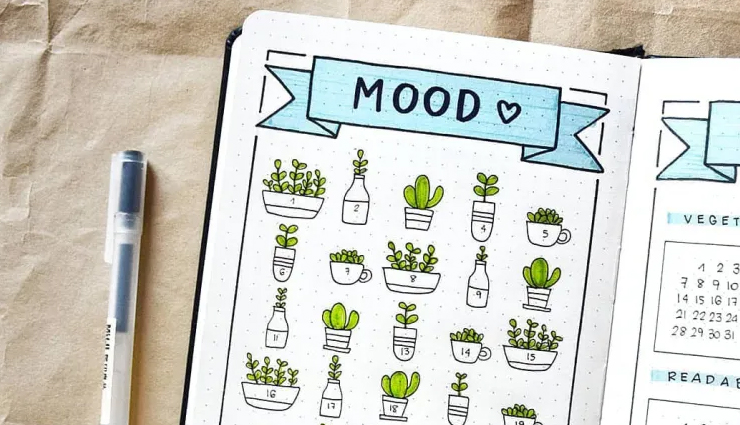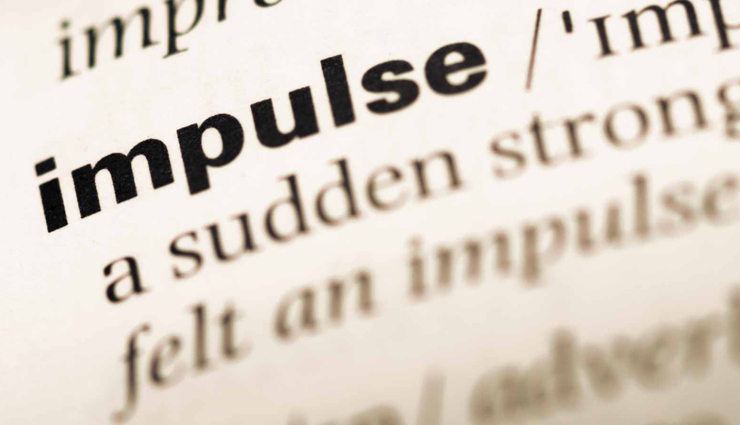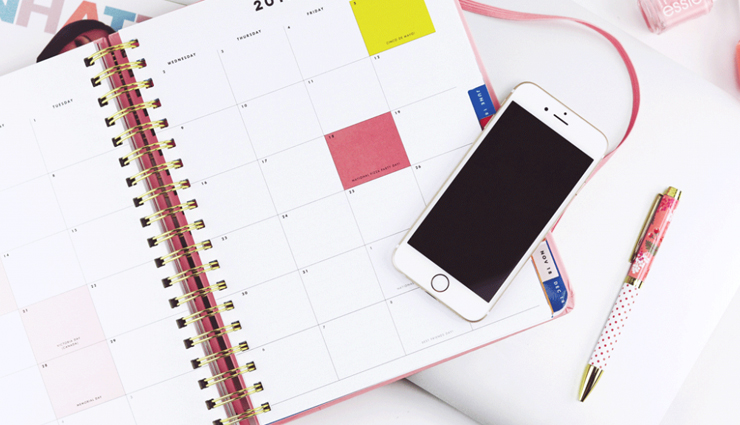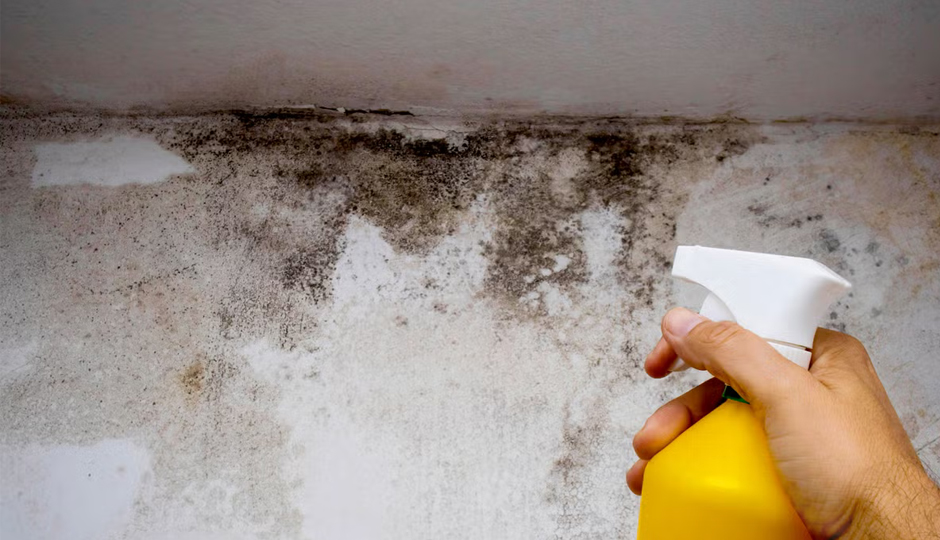- Home›
- Healthy Living›
- 6 Self Care Tips For Bipolar Disorder
6 Self Care Tips For Bipolar Disorder
By: Priyanka Maheshwari Mon, 18 Dec 2023 12:59:25

Bipolar disorder is a mental health condition characterized by profound shifts in mood, leading to intense fluctuations in the affected person's emotional state. This chronic illness entails unpredictable and extreme oscillations between periods of elevated mood and energy—known as manic or hypomanic episodes—and episodes of profound sadness or depression.
Research within the mental health field suggests that these abrupt transitions in thoughts and emotions can significantly impact an individual's mental well-being, potentially leading to severe impairment in daily functioning and, in severe cases, an increased risk of suicidal tendencies.
Bipolar disorder does not discriminate; it can affect individuals irrespective of their gender, age, or background. Statistics indicate that approximately 1 in every 100 individuals will experience a diagnosis of bipolar disorder at some point in their lifetime, highlighting the prevalence and impact of this condition on society.
As outlined in the Diagnostic and Statistical Manual of Mental Disorders, 5th Edition (DSM-5), bipolar disorder is clinically defined by recurrent mood episodes. These episodes include one or more major depressive episodes combined with at least one hypomanic episode (bipolar II disorder) or manic episode (bipolar I disorder). These criteria serve as a foundational framework for identifying and diagnosing individuals with bipolar disorder, aiding healthcare professionals in providing appropriate treatment and support.
Further research underscores the complexities of bipolar disorder, emphasizing the importance of early diagnosis, comprehensive treatment strategies, and ongoing support to manage this condition effectively. The evolving understanding of its underlying mechanisms and the development of targeted interventions aim to improve the quality of life for those affected by bipolar disorder.

# Self-Awareness
It is essential to understand the reasons behind your behavior and educate yourself on the condition to help yourself better. Going through all that bipolar disorder is about will arm you with the proper knowledge.
Go through trusted web resources and books that can shed some light on the disorder and help you process your situation.
This will give you an insight on how to manage your symptoms, the reason behind your behavior, and the path to living a normal life despite the illness.

# Track Your Moods
Keep a watch on your symptoms. Once you have identified your triggers, it will be effortless for you to monitor your mood consciously.
This will help you overcome the changes in your mood much before they overtake you. It will be a slow and steady process, but you will start feeling better once you have caught a grip on your moods.

# Cross off the Stress Box
Stress can have adverse effects on your mind and body that can reflect in your life. Managing stress is of primordial importance when it comes to staying healthy.
Engage yourself in activities such as regular deep-breathing exercises meditation, yoga, and talk therapies to combat your stress.

# Seek Social Support
Reaching out to your friends, family, and support groups can encourage you to share your apprehensions and get clarity on your condition. Your friends and family will be your support pillars throughout. Turning to help and confiding in your near and dear ones will cement your relationship all the more.
These people will be unquestionably caring and lend you a helping hand during your difficult experiences. This might take a lot of effort, but it will be worthwhile.

# Do Not be Impulsive
Bipolar disorder can lead you into making big decisions that you might regret later as a result of mood changes. Any impulsive decision or action might change the direction of your life.
Make sure not to overload yourself with work. Set your priorities and work accordingly.
It is in your best interest to take the advice of your close ones before making critical decisions pertaining to your work, job, and personal and professional relationships.

# Stick to a Schedule
Following a set routine can help control your moods as experienced by many people suffering from bipolar disorder. If you are experiencing an emotional high, a routine will help you keep your calm. During your low times, the need to follow your routine will keep you going.
Your routine includes your daily activities, such as meal times, medicines, time for social gathering, hobbies, exercise, and meditation.





